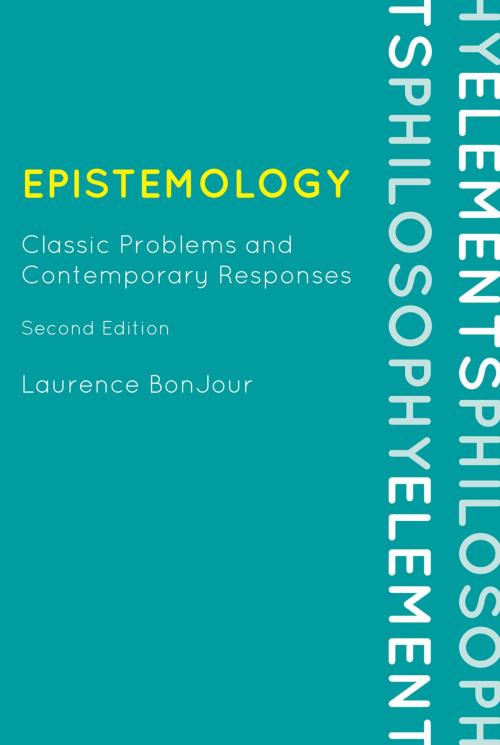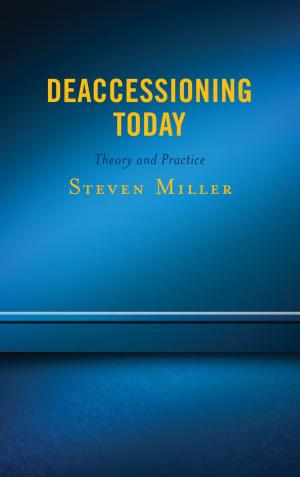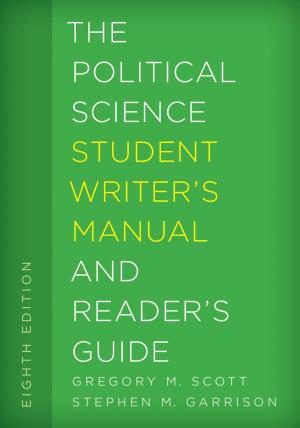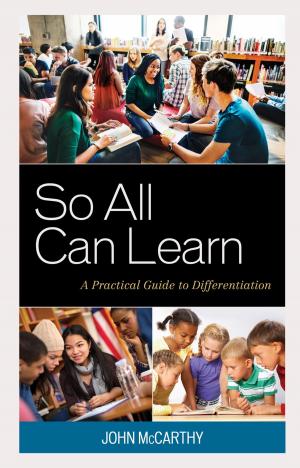Epistemology
Classic Problems and Contemporary Responses
Nonfiction, Religion & Spirituality, Philosophy, Epistemology, Mind & Body| Author: | Laurence Bonjour | ISBN: | 9781442201095 |
| Publisher: | Rowman & Littlefield Publishers | Publication: | November 15, 2009 |
| Imprint: | Rowman & Littlefield Publishers | Language: | English |
| Author: | Laurence Bonjour |
| ISBN: | 9781442201095 |
| Publisher: | Rowman & Littlefield Publishers |
| Publication: | November 15, 2009 |
| Imprint: | Rowman & Littlefield Publishers |
| Language: | English |
In Epistemology, Laurence Bonjour introduces the serious philosophy student to the history and concepts of epistemology, while simultaneously challenging them to take an active part in its ongoing debates. The text reflects BonJour's conviction that the place to start any discussion of the theories of knowledge is with the classical problems, beginning with and centered around Descartes. Only after the groundwork for understanding epistemology is laid does BonJour move on to the more contemporary revolutions against the classical approach. A versatile text that can be used in introductory-level epistemology courses, it can also be used by an upper-level epistemology class when supplemented by appropriate readings. This book is not, however, a simple reader of the different theories of knowledge. Epistemology prods students to think independently about the various epistemological approaches presented in the text, and form their own conclusions, thus becoming active participants in the ongoing debate.
In Epistemology, Laurence Bonjour introduces the serious philosophy student to the history and concepts of epistemology, while simultaneously challenging them to take an active part in its ongoing debates. The text reflects BonJour's conviction that the place to start any discussion of the theories of knowledge is with the classical problems, beginning with and centered around Descartes. Only after the groundwork for understanding epistemology is laid does BonJour move on to the more contemporary revolutions against the classical approach. A versatile text that can be used in introductory-level epistemology courses, it can also be used by an upper-level epistemology class when supplemented by appropriate readings. This book is not, however, a simple reader of the different theories of knowledge. Epistemology prods students to think independently about the various epistemological approaches presented in the text, and form their own conclusions, thus becoming active participants in the ongoing debate.















